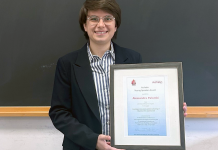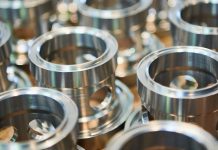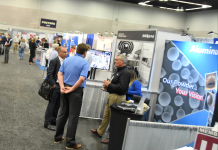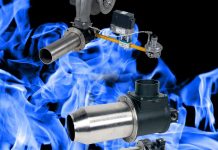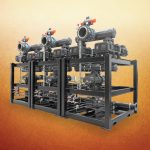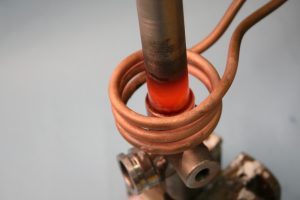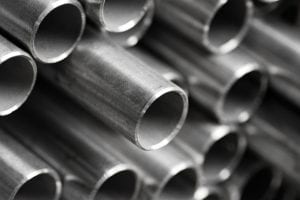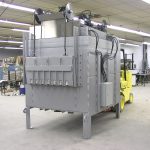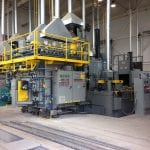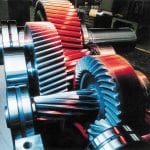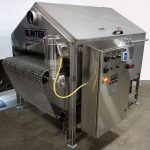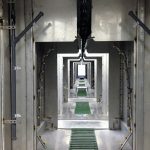For 85 years, Buehler has been at the forefront in the field of materials analysis, offering state-of-the art materials preparation and analysis equipment, as well as innovative software solutions.
It’s a credit to the company’s Swiss roots that allow it to continue to be a major player for a variety of industries, including heat treating.
“We are a provider of full lab solutions for materials analysis and preparation,” said Sarah Beranek, Americas commercial director for Buehler. “We design, manufacture, and distribute products in sectioning mounting, grinding and polishing, hardness testing, and imaging analysis. The equipment, as well as the consumables and supplies for that equipment, is based around the 80 years of material-science knowledge we have in house. We really strive to elevate and retain that technical knowledge in the company. We have a lab team full of material-science professionals who are constantly working to develop new processes to prepare materials for the heat-treat industry — that being a very large segment of ours. That feeds into, of course, a lot of broader market segments like automotive and aerospace.”

Full lab solutions
All that development surrounds Buehler’s mission statement to offer full lab solutions and products for materials preparation analysis, according to Beranek.
“In the world of heat treat, it’s really appreciating and understanding those specific needs of high-volume applications of production, oftentimes around automation, reliability, and repeatability,” she said. “How do you build both preparation and analysis processes that enable high volume usage? We do that by offering advanced software solutions to minimize user interaction during those analysis steps and build out a robust capability to follow industry standards from ISO to ASTM. Buehler adheres to ISO 9001, 14001, and 17025 practices, and we appreciate that our customers in the heat-treat industry follow some pretty rigorous internal standards for quality tracking and traceability. So, we try to build solutions in our products to really support those needs.”
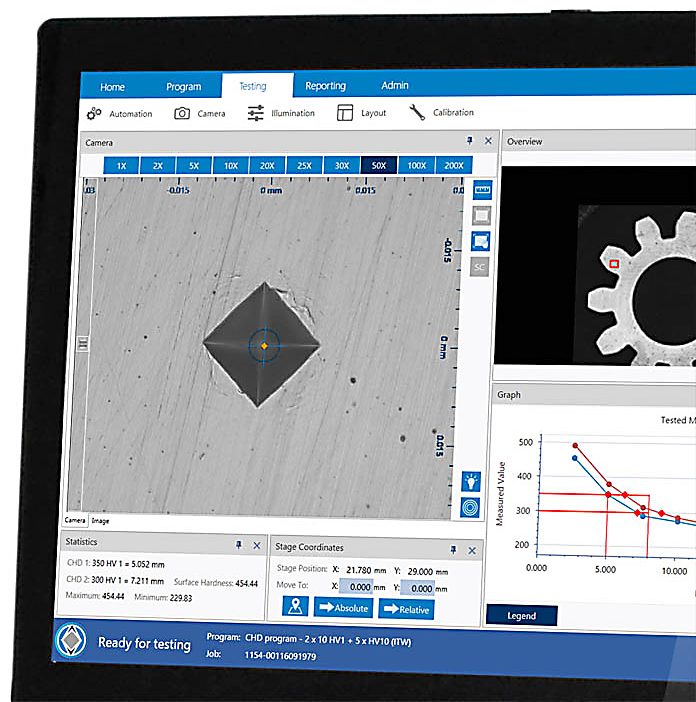
Innovative software
A big part of the Buehler’s capabilities stems from its software solutions designed to make processes such as hardness testing both easier and quicker, according to Beranek.
“In the world of automation, one of our hardness testing products we’re very proud of is our DiaMet software solution,” she said. “Traditionally, when you go to do hardness testing for case hardening, you’d need to manually develop an indent path across the case hardening zone.”
Buehler’s DiaMet software solutions are capable of performing that mapping across the entire part, according to Beranek.
“For example, you can build out a single job or program that enables you to map out an indent pattern automatically over a whole area of interest like a gear tooth,” she said. “And then that translates into a heat map of hardness values. That has been a big focus area in our hardness testing automation spaces. How do you build out those automated solutions to meet those high-volume needs? And then while doing it, how do you make sure you have all of your test block calibrations throughout your shifts recorded and ready for your ASTM audits or your ISO audits?”
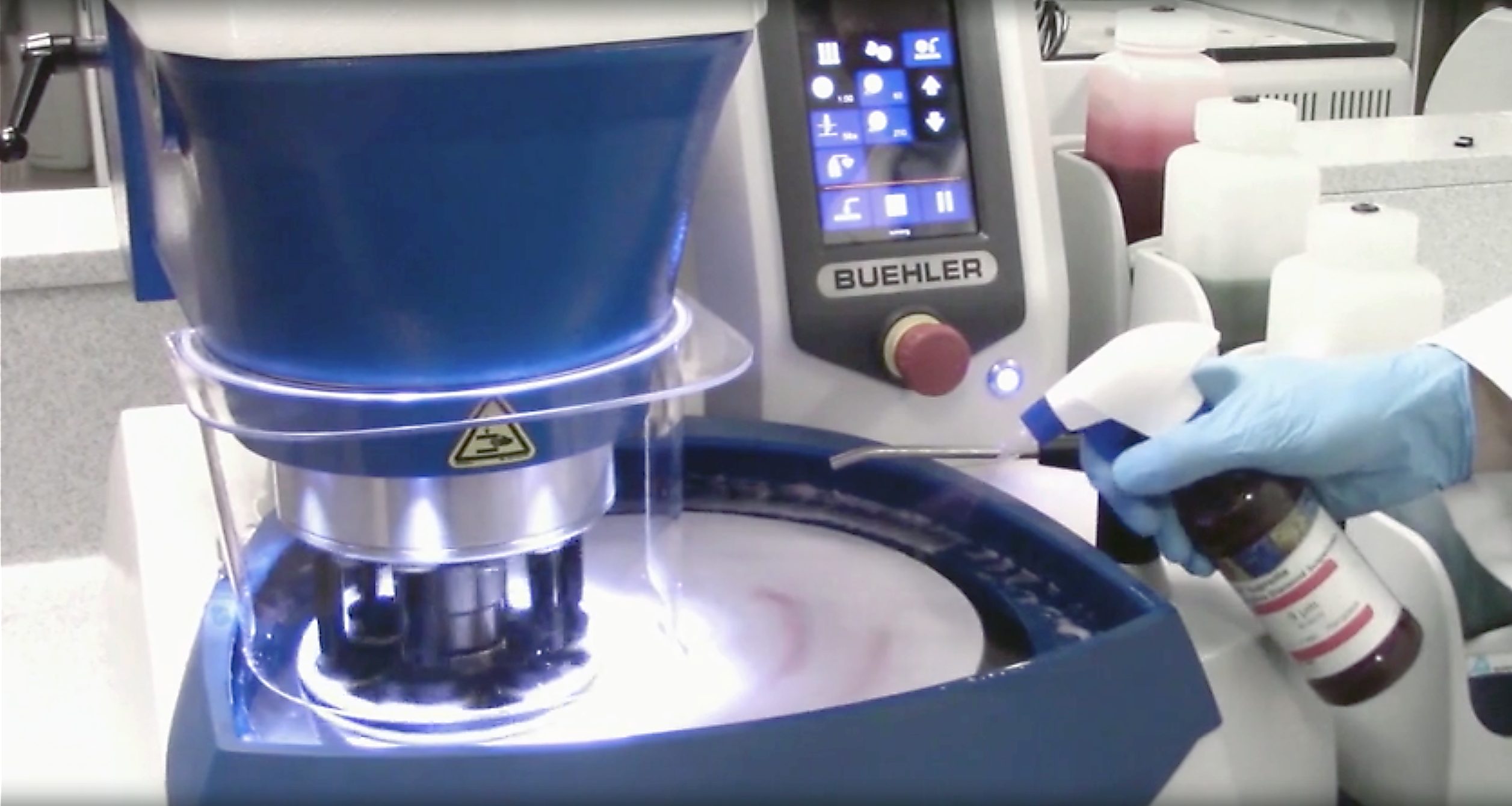
Addressing customer needs
That type of innovation is important, especially when customers’ challenges can often run the gamut of difficulty levels.
“When a customer approaches us with a particular pain point
or challenge, we can rely heavily on our entire sales and support staff that have in-depth knowledge of the applications in which our customers are using our products,” Beranek said. “We really make sure we nail down the real pain point of what our customers are trying to solve — what it is very specifically that’s giving them a challenge.”
After that initial analysis, Beranek said Buehler’s experts come back with a multifaceted approach: Does the solution lie in a different process or piece of equipment? Do you just need a different software solution or a customization to existing software? Is it actually something further back in your process that’s causing the problem?
“A lot of times, hardness testing and imaging analysis results can be skewed dramatically by the preparation route you use to get there,” she said. “We find that often the root cause of a pain point isn’t necessarily what was expected at the initial interaction. So, we really try to dig in and go through that kind of root-cause methodology with our customers to make sure that we’re solving the right problem with them. And again, with our focus on full-lab solutions, we can help solve problems that may stem earlier in their analysis process than they realize.”
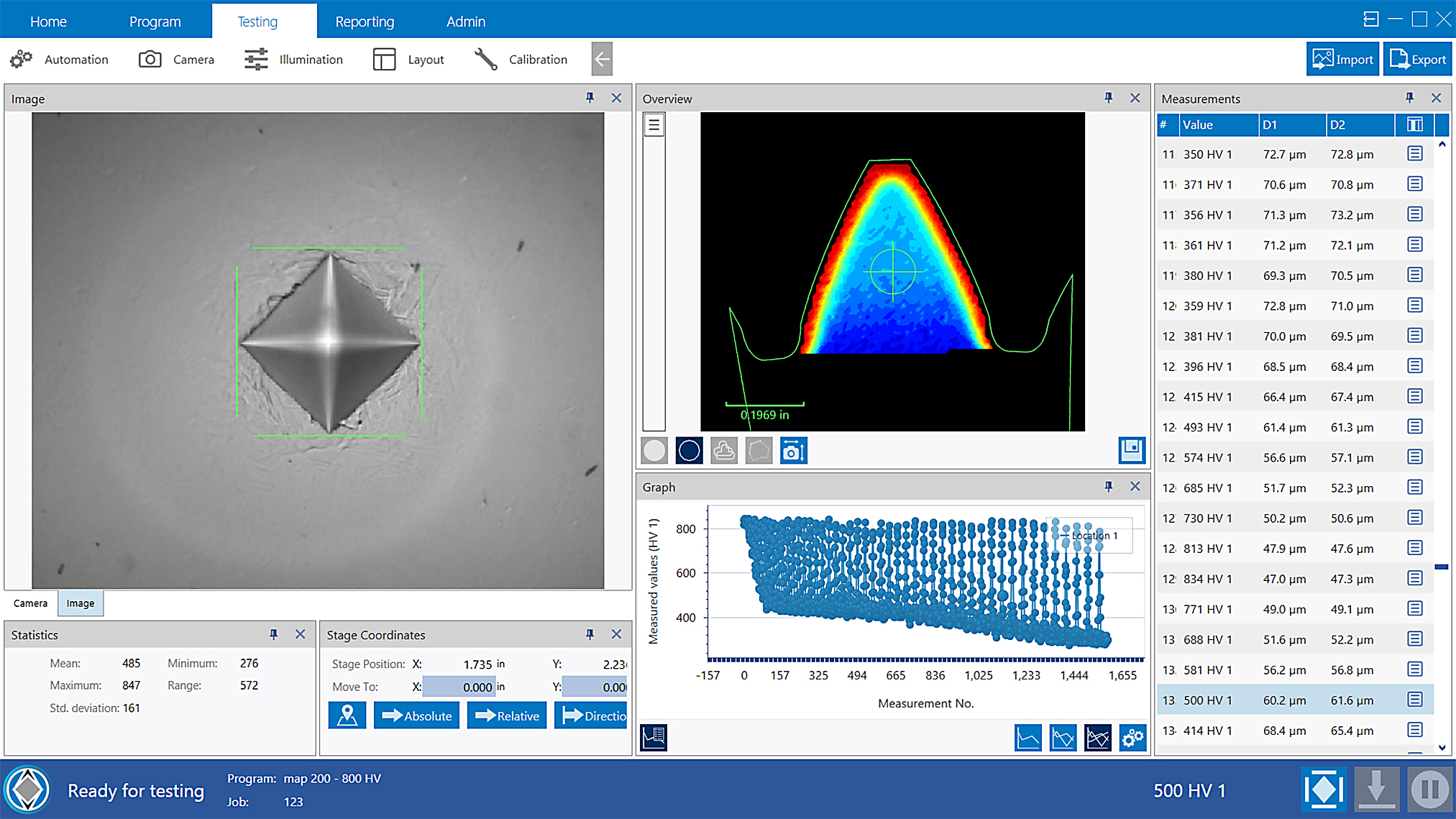
85-year history
The Swiss roots mentioned earlier come from the company’s founder: Adolph Buehler, a Swiss immigrant who started the company in Chicago in 1936. He saw the underserved need for materials preparation and analysis and started taking research-oriented products and transforming them into more production-type products to support the industry.
The hardness-testing side of the company came through its 2011 acquisition of Wilson, a company whose claim to fame includes the development and production of the world’s first Rockwell hardness tester.
Through those 85 years, Buehler has been an industry leader in many areas, but Beranek pointed out that the company’s recent history in dealing with the COVID pandemic has been a particular source of pride.
“I think Buehler as a company, our employees, and our customers have shown a ton of resiliency in getting through the unprecedented circumstances caused by the pandemic,” she said. “We have been very proud of our ability to service essential businesses uninterrupted throughout the health crisis. We provide testing equipment and supplies into a wide variety of medical and infrastructure applications worldwide. This continuity of service and support was the result of being creative in meeting customer needs remotely and being proactive to ensure a smooth supply chain of testing supplies to essential businesses.”
Environmental initiatives
Not only has Buehler been a critical source of the pandemic network, but Beranek also pointed out the company has made many strides in being more environmentally friendly.
“We’ve had a really strong shift toward an environmental focus over the last 10 years,” she said. “Today at our Buehler headquarters, we use 100 percent renewable energy sources. We internally use as much reusable packaging as possible such as wooden crates that go back and forth with our own suppliers. We’ve been able minimize our landfill and recycling weight coming out of our building year over year. This focus translates to our products as well. We appreciate the safety and health needs of our customers. A lot of the supplies and consumables in the world of preparation can pose health hazards, so we’re continually developing our supplies to minimize those health hazards. In addition, we prioritize designing new consumables to last as long as possible in order to minimize waste and time to replacement. That’s been a big focus for us.”
With a focus on the environment and its customers’ needs, Beranek said Buehler will continue to invest in new consumables, software solutions, automation, traceability, auditability, and more.
“We certainly see the need for more automation and the ability to manufacture, prepare, and test a higher volume of products in the world as markets grow,” she said. “We also see, of course, a shift in markets — vehicle electrification, for example — and some of the traditional primary metals and heat-treat applications are shifting along with it. We see the need to stay on top of what that means for material science in the world, and what kind of quality checks need to be done to ensure a safe and high-quality end product. We strive to ensure we’re ahead of the curve and that we’re there for our customers when they start to have a new process or material that they need a solution for.”
MORE INFO www.buehler.com




